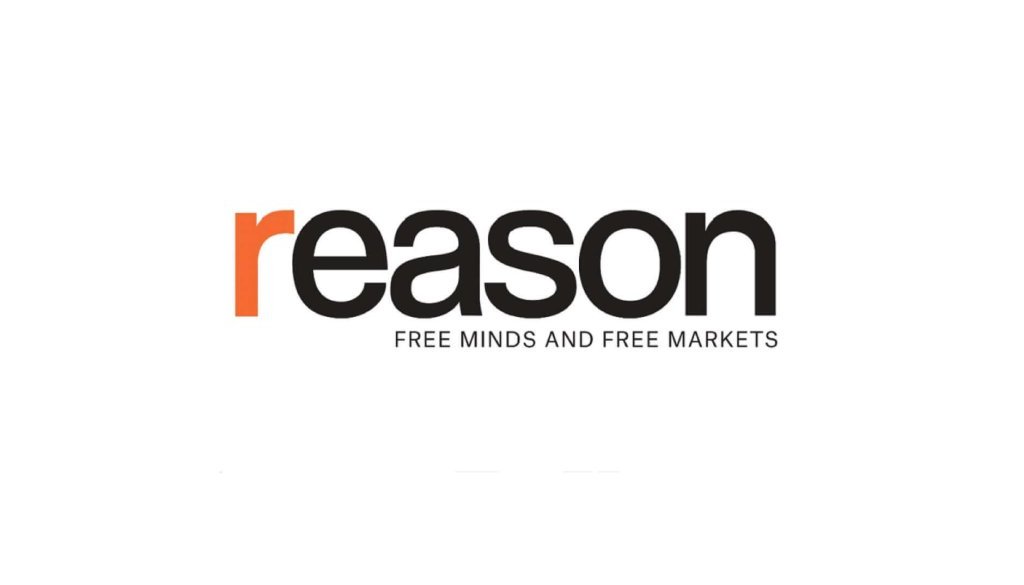North Carolina Passes Sweeping Surprise Ban on ‘Downzoning’
Happy Tuesday and welcome to another edition of Rent Free.
This week’s newsletter takes an extended look at the surprise passage of a “downzoning” ban in North Carolina that effectively prevents local governments from tightening zoning restrictions on your property unless you provide express written consent for them to do so.
North Carolina’s Surprise Ban on Downzoning
Last week, the Republican-controlled North Carolina Legislature overrode Democratic Gov. Roy Cooper’s veto of Senate Bill (S.B.) 382—an omnibus bill that paired millions in hurricane relief funding with restrictions on the powers of incoming elected Democratic state officers.
The partisan political controversies surrounding the bill have naturally dominated discussions about it.
What interests this newsletter is a short provision tacked on to the end of S.B. 382 that gives North Carolina property owners perhaps the nation’s strongest protections against local governments tightening zoning regulations on their land.
“No amendment to zoning regulations or a zoning map that down-zones property shall be initiated, enacted, or enforced without the written consent of all property owners whose property is the subject of the down-zoning,” reads the relevant provision of S.B. 382, found on the last page of the 131-page law.
The law defines downzoning as any decrease in the allowable density of development, any reduction in permitted uses, or any creation of a “nonconforming” use, lot, or structure.
In effect, if you have a right to do something or build something on your land right now—whether that’s operate a gas station or build an apartment complex—S.B. 382 says you’ll always be allowed to do that unless you give express written consent to the local government to take that right away from you.
Supporters and opponents of the provision are unsure of precisely how something so sweeping ended up in S.B. 382.
“It showed up there without any notice to anybody,” says Scott Mooneyham of the North Carolina League of Municipalities. The League wants to see the new downzoning ban repealed.
“We didn’t ask for this provision. I’m not really sure where it came from,” says Steven Webb of the North Carolina Home Builders Association, which supports the provision.
What everyone does agree on is that this is a far-reaching restriction on local governments’ ability to regulate development.
Other States’ Less Robust Downzoning Guardrails
Many states have adopted some sort of restriction on downzoning, although the precise forms of these laws and the strengths of their protections for private property vary.
On the weaker end of the spectrum is something like California’s S.B. 330. Passed in 2019, it imposes a “no net loss” standard for local government downzonings of residential land.
That means that if a locality reduces the number of homes that can be built on one property, it has to allow the same number of homes to be built elsewhere in the city.
Critics argue this standard is easily gamed. A local government can downzone a parcel where development is likely to happen and upzone another parcel no one is likely to build on. The “no net loss” on paper becomes a net loss in practice.
More robust is Arizona’s Prop. 207. Passed by voters in 2006, the law doesn’t ban downzoning. But it does require that the government compensate property owners when their regulations reduce property values.
Christina Sandefur, executive vice president of the Goldwater Institute (which helped develop Prop. 207), says the law’s compensation requirements have discouraged numerous gover
Article from Reason.com

The Reason Magazine website is a go-to destination for libertarians seeking cogent analysis, investigative reporting, and thought-provoking commentary. Championing the principles of individual freedom, limited government, and free markets, the site offers a diverse range of articles, videos, and podcasts that challenge conventional wisdom and advocate for libertarian solutions. Whether you’re interested in politics, culture, or technology, Reason provides a unique lens that prioritizes liberty and rational discourse. It’s an essential resource for those who value critical thinking and nuanced debate in the pursuit of a freer society.




